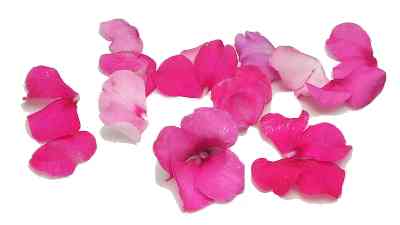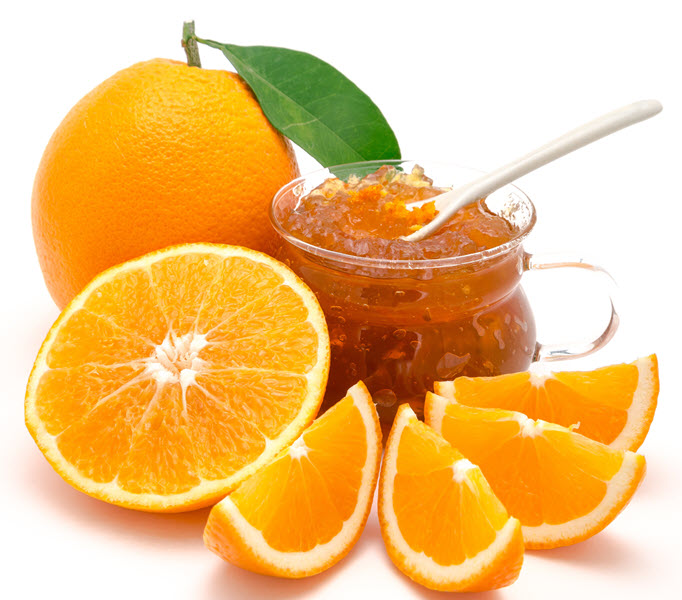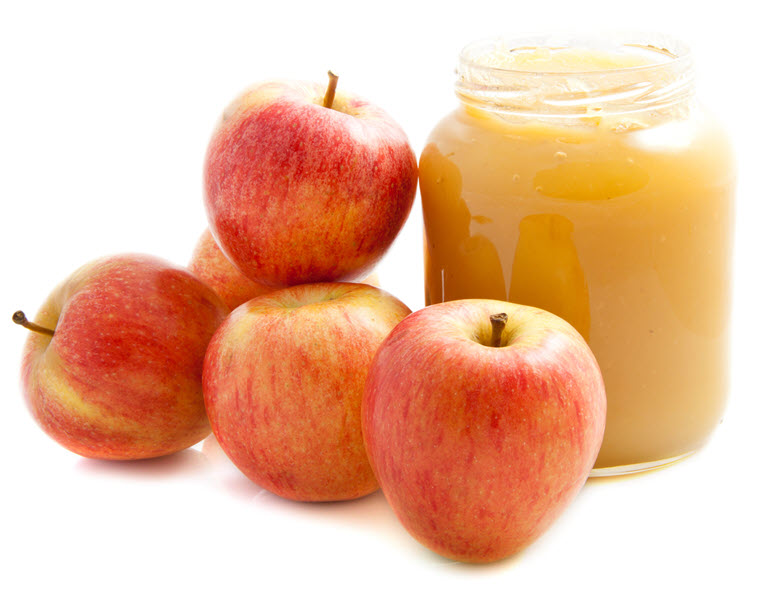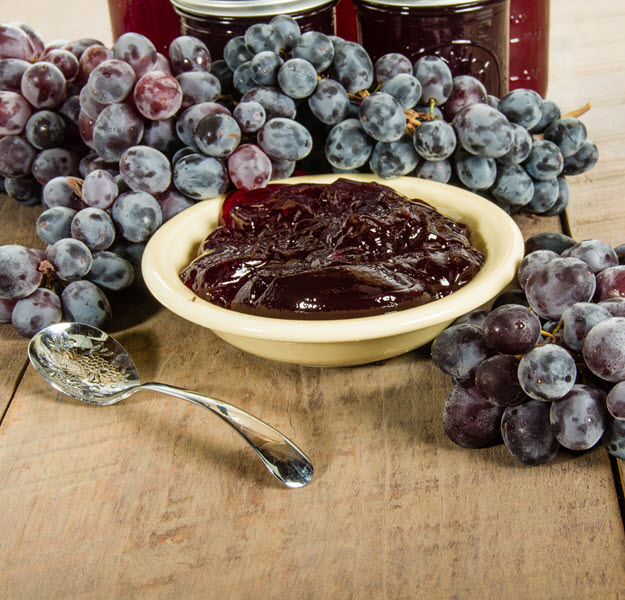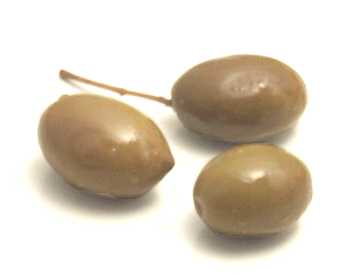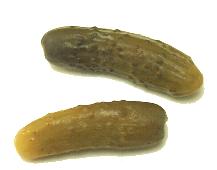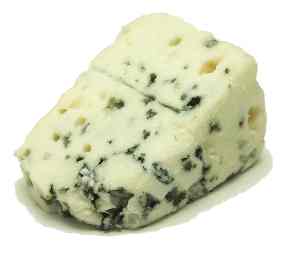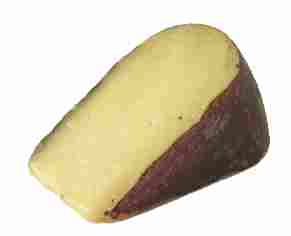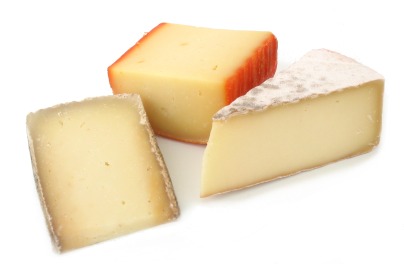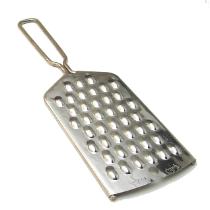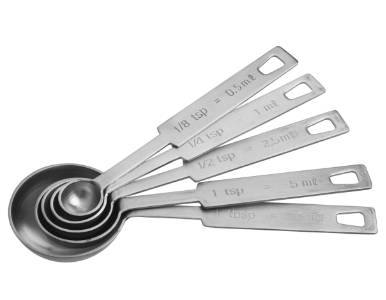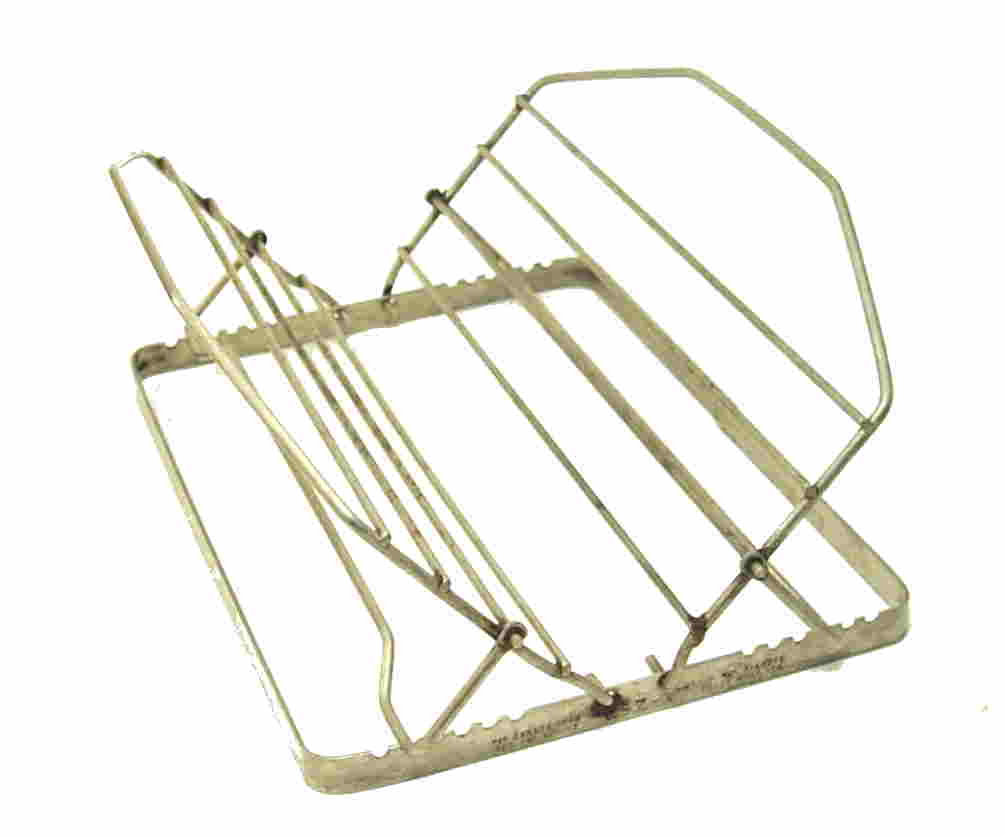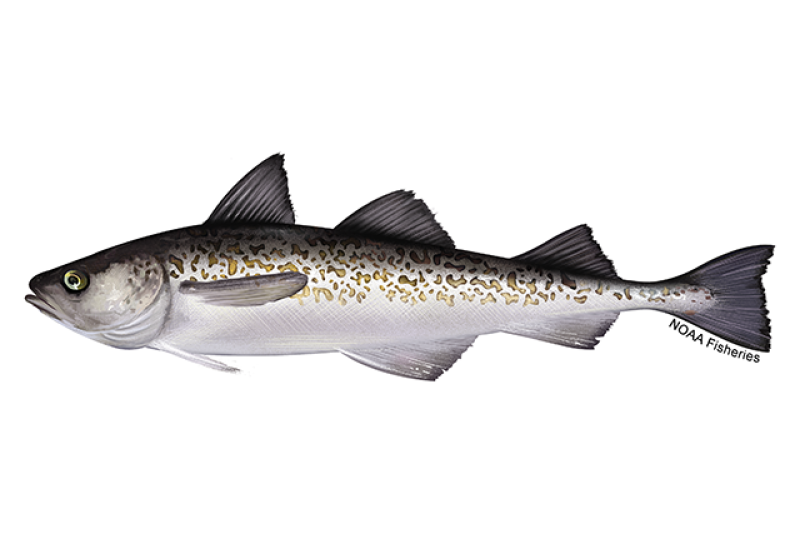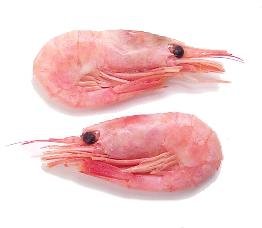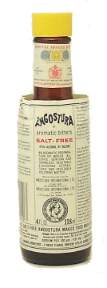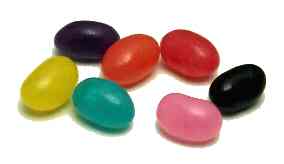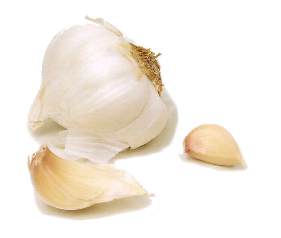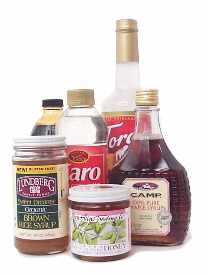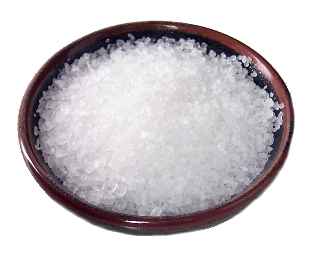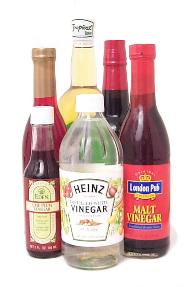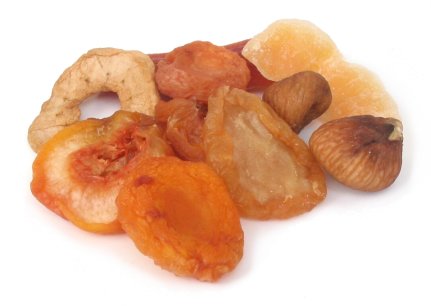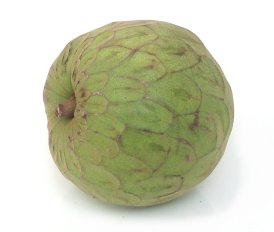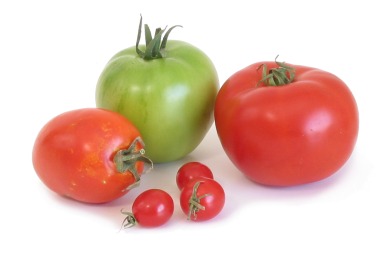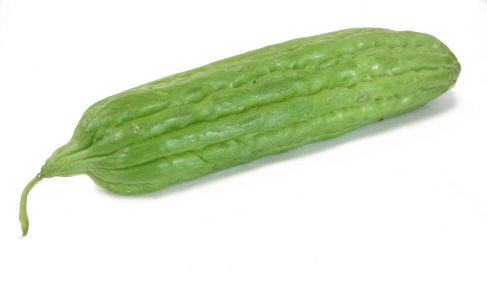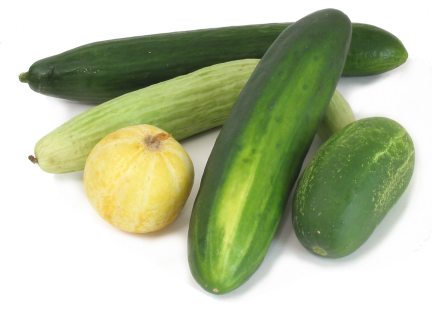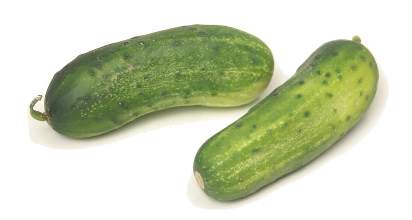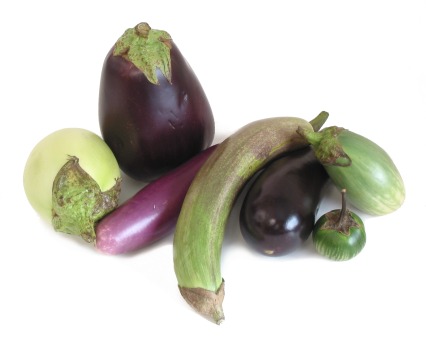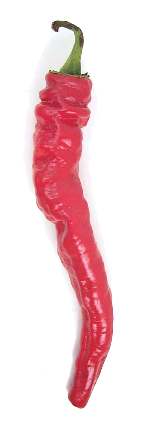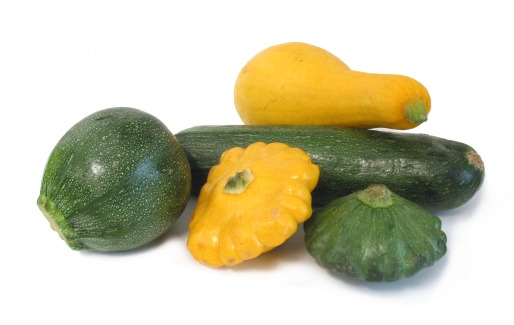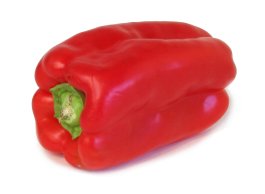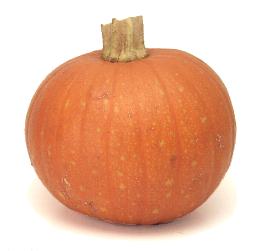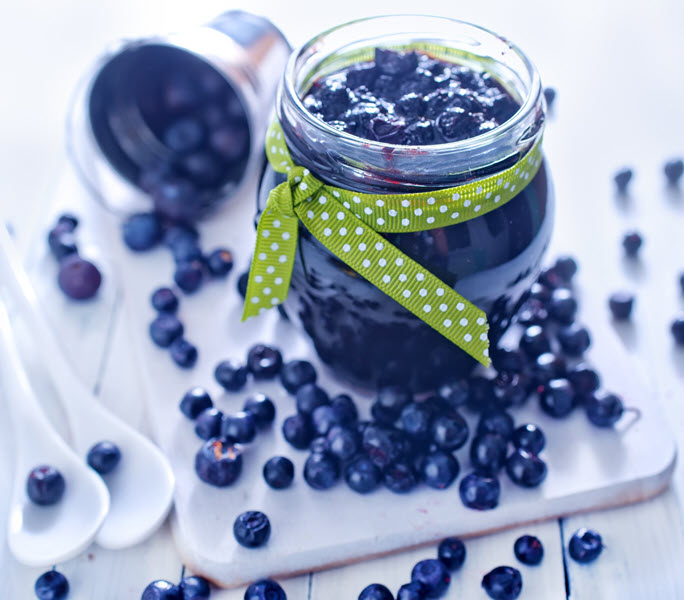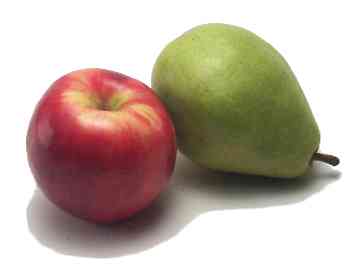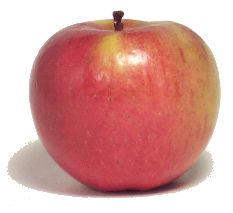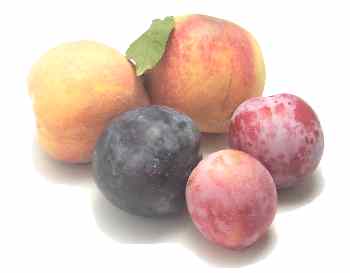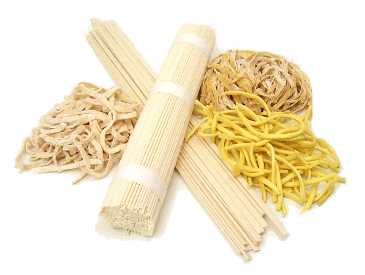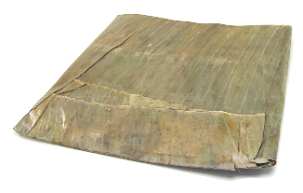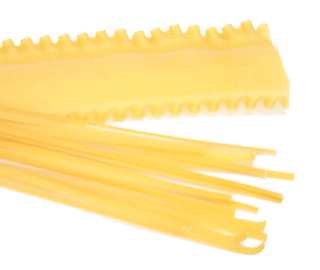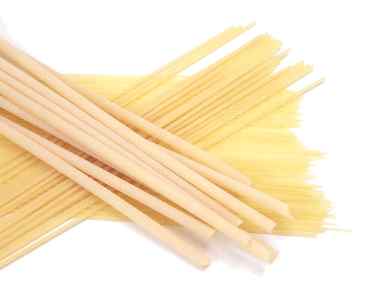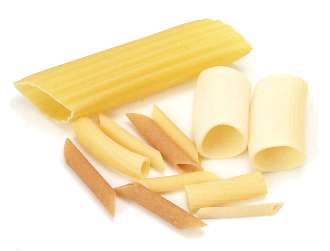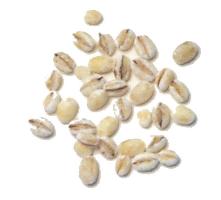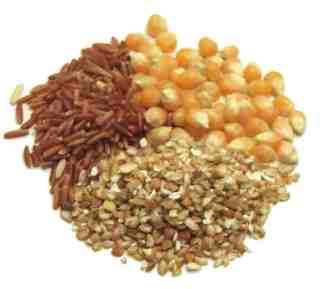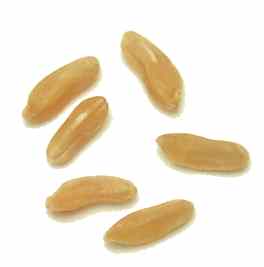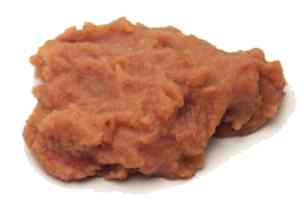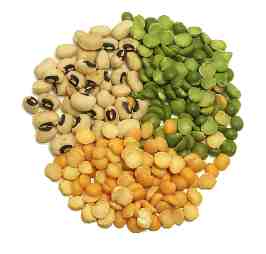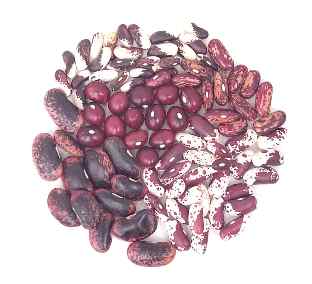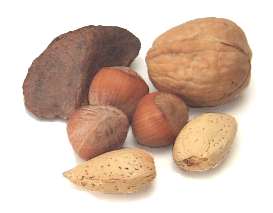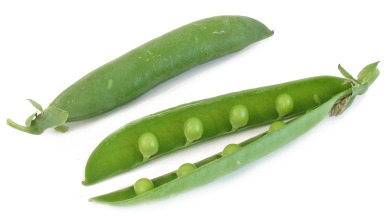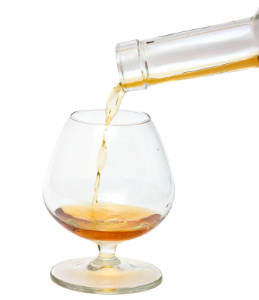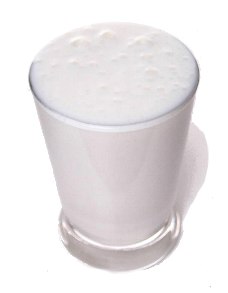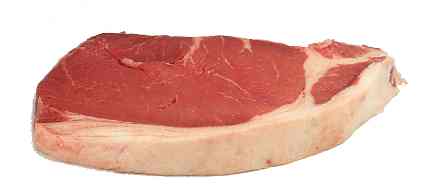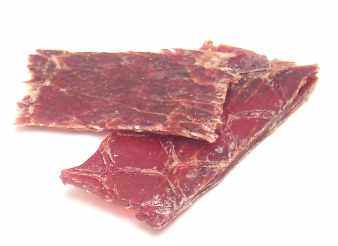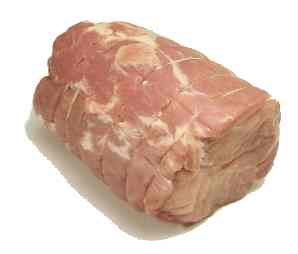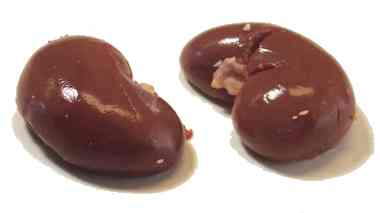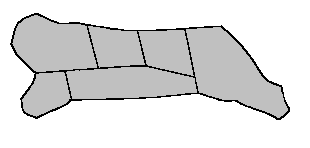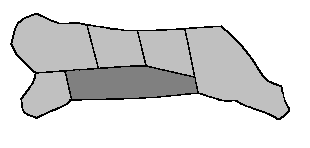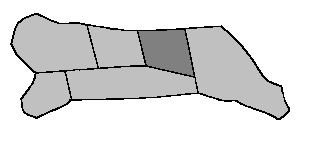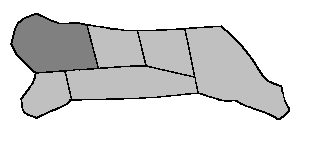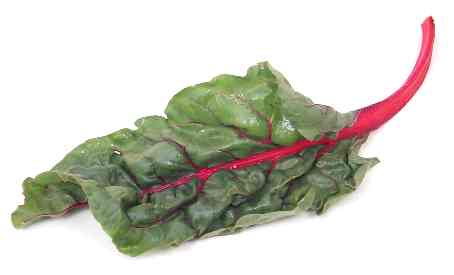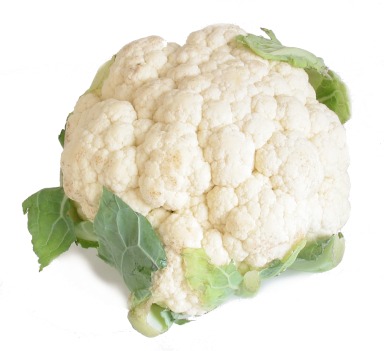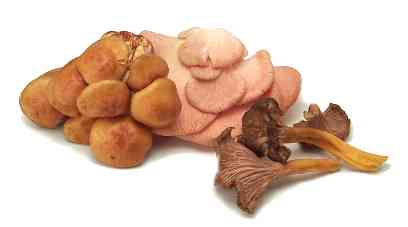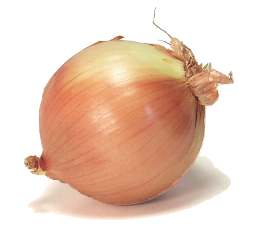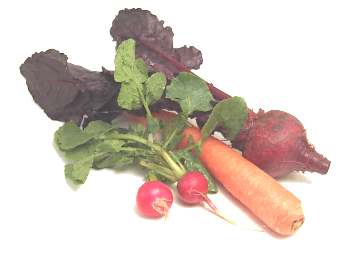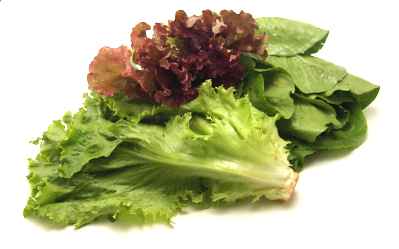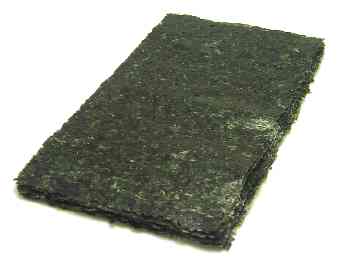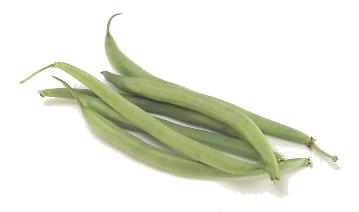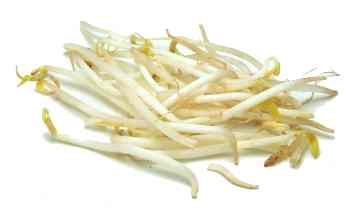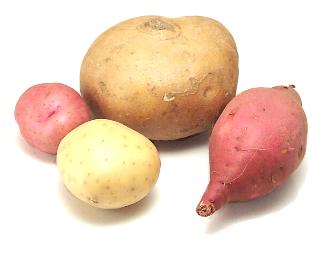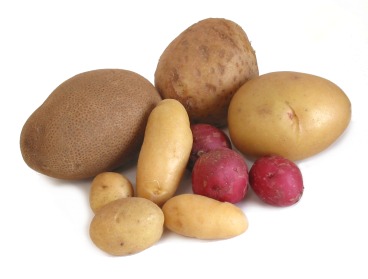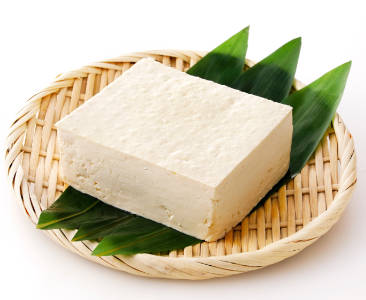All Ingredients
red rice vinegar
This Asian vinegar is a bit salty. It's sometimes used in seafood or sweet and sour dishes, or as a dipping sauce.
Learn morered sweet bean paste
This is made from azuki beans, and Asian cooks use it to fill buns and dumplings and to make puddings. Like peanut butter, it comes in both creamy and crunchy versions. The creamy version also comes in powdered form. Don't confuse this with sweet bean paste, which is made from sweetened fermented soybeans.
Learn morered wine
Red wines are heavier and more strongly flavored than white wines, and they go best with heavier, more strongly flavored foods, like red meat, pasta, and ripe cheeses. They should always be served at room temperature.
Learn morered wine vinegar
This assertive vinegar is a staple in French households. It's used in vinaigrettes and for making marinades, stews, and sauces. It's a good choice if you're trying to balance strong flavors in a hearty dish.
Learn morered-skinned potato
These waxy potatoes hold their shape after they're cooked, so they're great for making potato salads and scalloped potatoes. Don't mash them--you'll end up with a sticky, gooey mess.
Learn morereduced-fat cheese
These can be gummy and insipid, and they usually have a shorter shelf life than their fattier counterparts. Reduced-fat cheeses become rubbery if they're allowed to dry out during cooking, so keep the cheese moist by adding extra liquid or by sealing in the dish's moisture with a pot lid or aluminum foil.
Learn moreReed avocado
This large, roundish avocado slips easily from the peel, and has excellent flavor and texture. It will stay firm even when ripe, so it's not a good choice if you're making guacamole.
Learn morerefried beans
These are beans that are cooked, mashed, and then fried, usually in lard or bacon drippings.
Learn morereginelle
These pasta tubes are similar to penne, though a bit longer and thinner. The name reginelle is also sometimes used for reginette pasta, which are wide ribbons with ruffled edges.
Learn moreregular tofu
This is halfway between the custard-like consistency of silken tofu and the denser texture of firm tofu. It's a good choice if you want to scramble it like eggs, or use it in place of ricotta cheese in a casserole. Store tofu in the refrigerator, changing the water daily, and use it within a week. Freezing firm tofu will make it chewier and give it a meatier texture. Look for cakes of it in plastic tubs in the refrigerated sections of supermarkets and health food stores.
Learn moreRequeson cheese
This fresh Hispanic cow's milk cheese resembles ricotta cheese, and is used to make dips and desserts.
Learn moreretsina
This is a white Greek wine that's flavored with pine resin. It's popular with Greeks, but hasn't caught on elsewhere. It should be served at room temperature.
Learn morerhea
Rheas are the South American version of ostriches. Rhea meat resembles ostrich meat, but it's even leaner.
Learn moreRhône wine
Vineyards along the Rhône River in Southeastern France produce red, white, and blush wines, but they're best known for their excellent red wines. Châteauneuf-du-Pape is the region's most famous appellation, while Côtes-du-Rhône is the catch-all name given to lesser Rhône wines.
Learn morerhubarb
Though a vegetable, rhubarb is treated more like a fruit, and it's typically made into such things as pies, tarts, preserves, and wine. It's very tart, and at its best when combined with berries. Varieties includes cherry rhubarb and the more delicate strawberry rhubarb. Fresh rhubarb shows up in markets in the spring. If you can't find it fresh, frozen rhubarb is a fine substitute. Don't eat rhubarb leaves; they contain high levels of oxalic acid, a toxin.
Learn moreRice
Rice is the most important food crop in Asia. It can be cooked whole and served with stir-fries, sauces, and curries, or made into flour, wine, cakes, vinegar, milk, flakes, noodles, paper, and tea. Rice is classified mostly by the size of the grain. Long-grain rice is long and slender. The grains stay separate and fluffy after cooking, so this is the best choice if you want to serve rice as a side dish, or as a bed for sauces. Medium-grain rice is shorter and plumper, and works well in paella and risotto. Short-grain rice is almost round, with moist grains that stick together when cooked. It's the best choice for rice pudding and molded salads. Other specialty varieties include Spanish rice for paella, glutinous rice for sushi and rice balls, and risotto rice for risotto. Most varieties are sold as either brown or white rice, depending upon how they are milled. Brown rice retains the bran that surrounds the kernel, making it chewier, nuttier, and richer in nutrients. White rice lacks the bran and germ, but is more tender and delicate. It's less nutritious than brown rice, but you can partially compensate for that by getting enriched white rice. Brown rice takes about twice as long to cook as white rice. Converted rice is beige. It tastes a lot like white rice, but it has more nutrients. Instant rice is white rice that's been precooked and dehydrated. It's convenient, but expensive and bland.
Learn morerice bean
These tiny beans don't require soaking and cook in just 15 minutes. Some cooks use them instead of rice to make risotto.
Learn morerice cake
These crunchy snacks are relatively low in fat--and flavor. They come in different flavors, like caramel, cheese, ranch, and apple cinnamon. Don't confuse this with mochi, which is also sometimes called rice cake.
Learn morerice flake noodles
These big, flat rice noodles look like tortilla chips. They're used in soups and stir-fries. Before using them, soften them in hot water, then boil or stir-fry them briefly, usually not more than a minute.
Learn morerice flour
To see how to substitute other flours for wheat flours, see the listing under all-purpose flour.
Learn morerice milk
Look for this in aseptic containers. Some varieties are gluten-free; others are not. A common brand is Rice Dream. Shake well before using!
Learn morerice noodles
Rice noodles are made with rice flour, and are especially popular in Southeast Asia. It's easy to find dried rice noodles in large supermarkets, but you'll probably have to visit an Asian market to find them fresh. Rice noodles should be soaked in hot water before using. When they're soft and transparent, drain them.
Learn morerice paper
These thin, fragile sheets are used to make spring rolls, but they also make good all-purpose wrappers, baking pan liners, and even lasagne noodles. The sheets are brittle, so you need to moisten them with water before wrapping foods in them. Keep them moist while you work with them by covering the stack with a damp towel. Rice paper doesn't need to be cooked, but it's sturdy enough to be steamed or deep-fried. Look for it in Asian markets. It can be stored in a cool, dark place for many months.
Learn morerice pasta
This is a good pasta alternative for people with wheat allergies. It's also available as brown rice pasta.
Learn morerice sticks
They come in many shapes and sizes, but they can be roughly classified as thin, medium, and wide. Thin rice noodles are used in soups, salads, and spring rolls. Medium noodles are the most versatile, and can be used in soups, stir-fries, salads, or as a bed for meat or fish. Wide noodles are best used in soups, stir-fries, and braised dishes. Before using rice noodles, soften them in hot water. This will take anywhere from a few minutes to a half hour, depending upon the thickness of the noodles. After they've softened, boil or stir-fry them briefly, usually not more than a minute. It's easier to stir-fry noodles if you break them into shorter lengths.
Learn more









